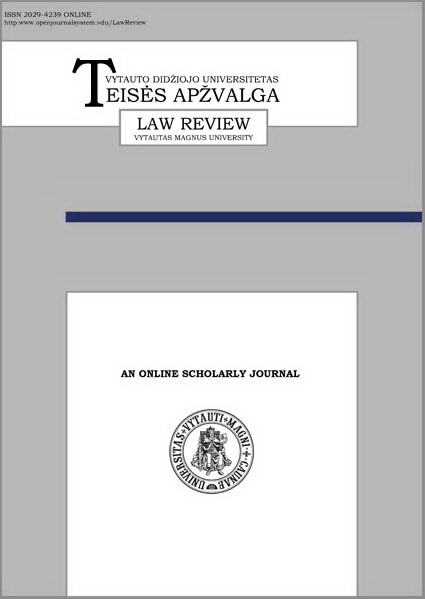The Intersection of Artificial Intelligence and Copyright Law: Challenges and Innovations
The Intersection of Artificial Intelligence and Copyright Law: Challenges and Innovations
Author(s): Justyn KicelSubject(s): Law, Constitution, Jurisprudence, ICT Information and Communications Technologies, Sociology of Law
Published by: Vytauto Didžiojo Universitetas
Keywords: Artificial Intelligence; Generative Artificial Intelligence; Law; Copyright; Case Law;
Summary/Abstract: Artificial intelligence (AI) has recently become an indispensable aspect of contemporary life, impacting a diverse range of individuals from students to practicing lawyers. The scope of AI applications is extensive, encompassing tasks such as idea generation, research, image creation, automation of daily processes, and enhancing human functionality. While these innovative technologies offer substantial benefits, they also pose significant challenges that need to be addressed. The legislature, executive, and judiciary all play crucial roles in managing the risks and issues associated with AI. Effective regulation is essential to tackle these problems and ensure the safe integration of AI into society. Key challenges associated with AI include civil liability, deep fakes, data protection, ethics, transparency, and intellectual property rights. This article aims to identify the primary challenges that legal systems face due to the rapid development and deployment of AI, with a particular focus on copyright and transparency issues. Transparency involves the need for clear and understandable AI processes, while copyright concerns relate to the rights associated with AI training and AI generated content. The article also examines current legislation and case law pertaining to AI from various jurisdictions, including the European Union, the United States, the United Kingdom, and China. By analysing these legal frameworks, the article provides a comparative perspective on how different legal systems are adapting to AI. Through this analysis, the article aims to contribute to the ongoing discussion on effectively regulating AI and, if necessary, offers general recommendations for improving AI regulation in Lithuania.
Journal: Teisės apžvalga
- Issue Year: 2024
- Issue No: 1(29)
- Page Range: 25-40
- Page Count: 16
- Language: English

